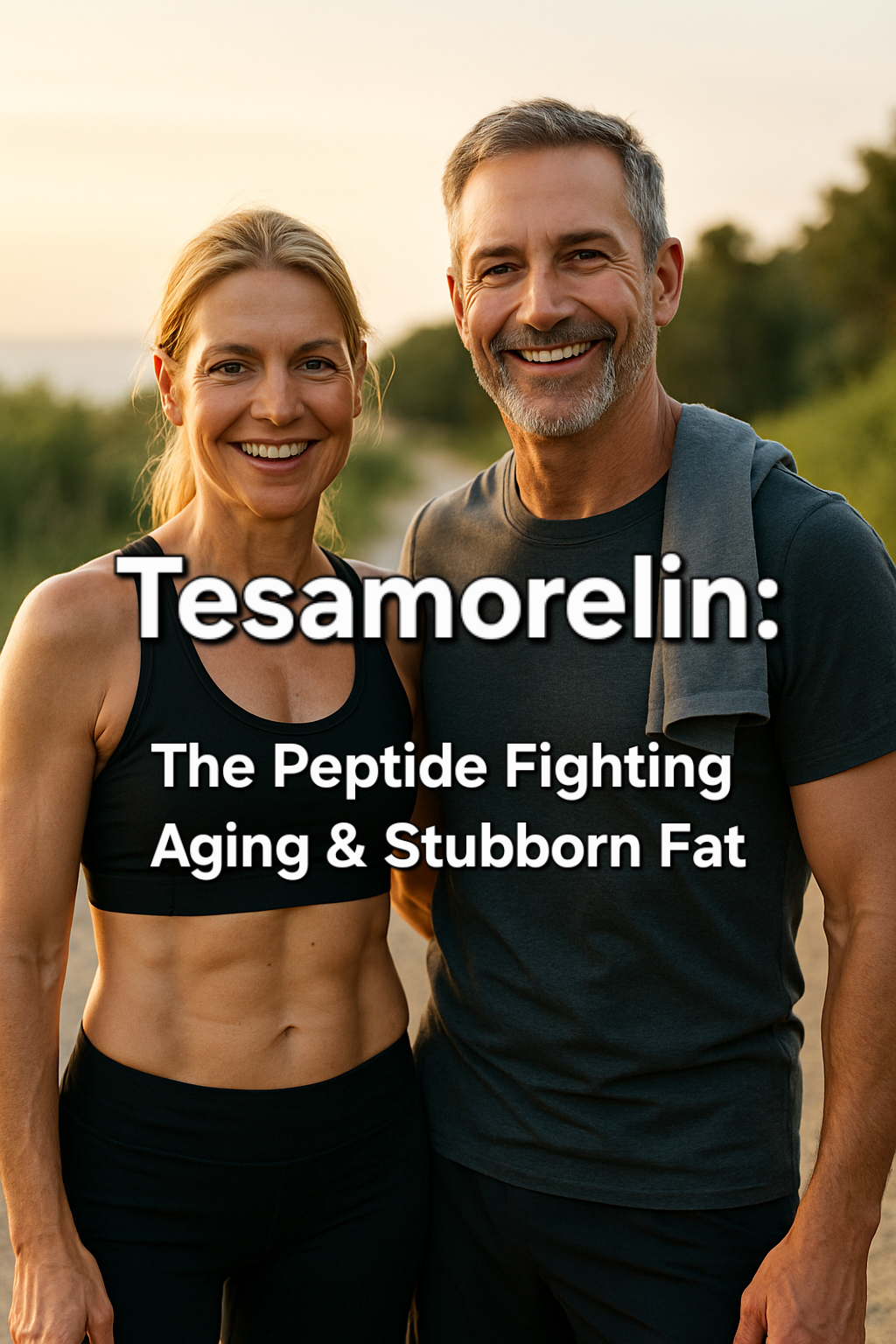We all know or at least have been told, that eating a nutritious diet is essential to performance and good health. It is also equally important the timing of these healthy foods that will have an impact on our performance, hormones, cognitive functioning and well-being day to day. As you may have heard a time a two before, there is an overwhelming amount of evidence despite a small number of naysayers, of the importance of eating breakfast.
Hence the name, we are breaking a fast after not eating all through night while we were catching some ZZZ’s. But, WHY is breakfast so important one might ask? This is a question we are going to address here in this short article and its relationship and impact on our bodies.
For younger athletes as well us regular gym goers mindful of taking care of our aging bodies and maintaining our fitness levels and body composition to age gracefully, it is quite clear that nutrition can have a major impact on exercise performance as well as our response to our workout program. It is also clear that foods, especially under certain circumstances and times, can have an impact on our hormones as well. Carbohydrates can trigger insulin response which can be good or bad depending. Fats are important in playing roles in testosterone production. And proteins and amino acids play roles with many hormones as well. These are just a few of many examples of how the foods we eat and at what times, can play a role with hormones and how well our bodies are functioning through the day.
There is a good amount of research indicating that when one eats may have as much influence over achieving fitness and performance goals as what one eats. In other words, timing of when you eat certain nutrients or “nutrient timing” can significantly impact our performance, recovery from exercise and training adaptation. These responses to nutrient timing are built into our DNA and therefore not limited to just elite athletes either. Everyone, young and old, male and female, untrained and trained will respond to nutrient timing.
Okay, So Why is Breakfast So Important?
For starters, breakfast immediately lowers the blood level of the stress hormone cortisol, which is known to peak during the early morning hours. The effects of having too much cortisol in the body can include weight gain, muscle weakness, and mood swings that may turn into anxiety or depression. Cortisol levels are generally high in the morning as we wake up from a prolonged period of sleep. Then, as the day progresses, our cortisol levels naturally begin to drop in a fairly constant and regular cycle, winding up lower at the end of the day. This allows the body to keep a regular sleeping pattern, with the cortisol level dropping for periods of sleep, then replenishing as morning time rolls around and we are waking up.
We often think of sleep as a no-stress period and from a psychological viewpoint this is generally true. Physiologically however, it is the other way around. Even though our metabolic needs are very little while we are asleep (since we are not running around), the body still needs to maintain critical physiological and metabolic functions required to support life as well as those that support recovery from the previous day’s activities and physical exertions. This is also critical for tissue and muscle repair, growth and development – all which are key components to recovery, building and maintaining good body composition. The energy to support these functions come from liver glycogen, fatty acids and blood glucose.
Breakfast is thought to be the most satiating meal of the day. This satisfying, full-effect can impact food consumption for the entire day. Investigators have found that the pattern of food intake has a dramatic effect on overall daily food intake. This is due to the impact of our meal pattern on the release of gut hormones that control appetite. Secretion of these hormones early in the morning is in part due to the elevation in blood cortisol and can have a sustained effect throughout the day. Therefore, eating a good breakfast most likely reducing the blood cortisol levels, may also decrease appetite and reduce daily caloric intake. This may be especially true if an individual is prone to over consuming later in the day, triggering excessive amounts of insulin with the possibility of interfering with leptin doing its job to control appetite in certain populations.
Research findings in recent past suggest a strong correlation between consuming a regular breakfast and long-term weight maintenance and weight loss. In many health and nutrition coaches’ experience working with clients, a typical story heard from a person struggling with their weight and its associated health concerns, is that they skip breakfast, eat a huge lunch, munch on high carb snacks during the afternoon and then eat an oversized dinner. Also and all too often, consuming the wrong types of foods such as a large amount of sugar before bed disrupts REM sleep cycles while disrupting growth hormone release. These common scenarios that start with skipping breakfast, often flow with hormonal patterns and their influence on our hunger levels and the food choices we instinctively want to make (fat and sugar) through the day. The negative impact this has on one’s energy levels deteriorates them from being as physically active as they should, including things like going to the gym and doing activities with their kids after work. Lack of activity negatively impacts our muscle and body composition, sleep and more. See the viscous cycle that many find themselves in?
“But, I Don’t Have Time to Eat Breakfast”
We have heard (or maybe given) every excuse regarding why people can’t get breakfast on the table most days of the week. The top excuse is that “there just isn’t time”. The next is that they’re “just not hungry”. These are simply excuses. If you want to live healthy and be your best, you have to make a commitment and always have some quick and healthy grab-and-go breakfast options on hand.
Make Time for Breakfast. Although mornings can be busy times, there are things you can do to help make everything run more smoothly, so there is enough time for breakfast.
Here are a few tips:
- Do some of your morning chores the night before, such as selecting clothes to wear, signing permission slips and putting homework in backpacks.
- Set the table with breakfast dishes and nonperishable food items, such as dry cereal, bread and bagels.
- If adults in the home drink coffee, get the coffee pot ready to run the night before and then just hit the "on" switch in the morning.
- Make sure all family members are assigned chores to do in the morning. Do not turn on the television set.
In addition, breakfast does not need much preparation time. There are lots of fast, easy foods that can provide a healthy start to the day.
Quick, healthy and easy breakfast ideas
“Cocoa Chocolate oats”
INGREDIENTS -
- 1 cup unsweetened almond or coconut milk
- 1 cup of oats
- 1/4 cup of “True Vibe” cocoa nibs (or unprocessed cocoa powder is fine too)
- 1 scoop of Natural Chocolate “Killer Whey” Protein
You can either eat these as is or heat up the oats and milk first for 40 seconds before adding cocoa and protein powder.
Coffee lover’s breakfast: “Protein java to go”
INGREDIENTS –
- Shaker cup (to mix and take with you)
- 1 scoop of Natural Vanilla “Killer Whey” Protein
- A “dash of” Cinnamon powder
- A “dash of” Stevia (liquid or powder from health food store)
- 1 cup of ice (if you want an iced coffee shake here)
- 1 cup of almond or coconut milk
- 12oz of coffee
You can also blend in a blender, either of the two options above or simply make your own smoothie to go. Either of these ideas only takes about two minutes to make and maybe another 4-5 minutes to consume. We all live hectic, busy lives so let’s be sure to put proper fuel into our “tank”!
Summary
Breakfast is a key player in raising the energy level of the body, increasing vigor and vitality. It helps to reduce cortisol levels and helps control appetite, which over the long-term, can significantly impact body composition. Breakfast also increases cognitive function and the ability to concentrate. For the athlete, health enthusiast or newbie trying to make some positive changes in the way they look and feel, this translates into more effective workouts and enhances adaption to their training and HRT programs while helping them look and feel their best from it. So, break that fast!



